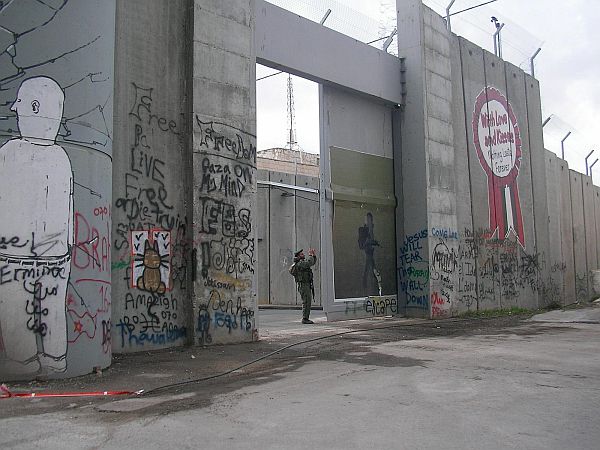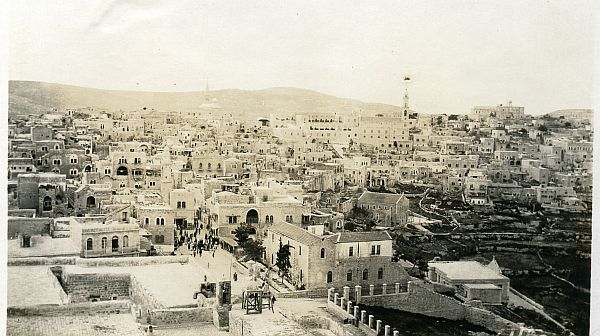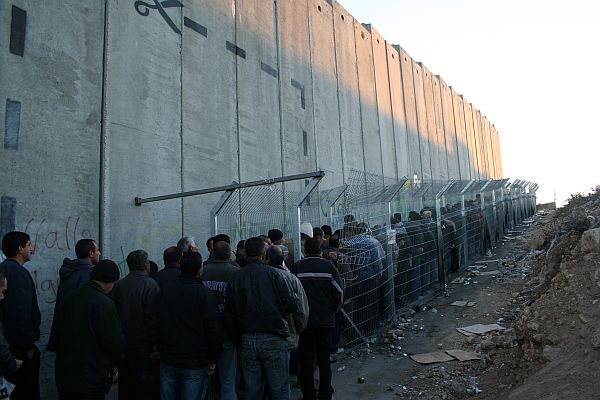In an editorial, the New York Times says:
The whistle-blowing Web site WikiLeaks has not been convicted of a crime. The Justice Department has not even pressed charges over its disclosure of confidential State Department communications. Nonetheless, the financial industry is trying to shut it down.
Visa, MasterCard and PayPal announced in the past few weeks that they would not process any transaction intended for WikiLeaks. Earlier this month, Bank of America decided to join the group, arguing that WikiLeaks may be doing things that are “inconsistent with our internal policies for processing payments.”
The Federal Reserve, the banking regulator, allows this. Like other companies, banks can choose whom they do business with. Refusing to open an account for some undesirable entity is seen as reasonable risk management. The government even requires banks to keep an eye out for some shady businesses — like drug dealing and money laundering — and refuse to do business with those who engage in them.
But a bank’s ability to block payments to a legal entity raises a troubling prospect. A handful of big banks could potentially bar any organization they disliked from the payments system, essentially cutting them off from the world economy.
The fact of the matter is that banks are not like any other business. They run the payments system. That is one of the main reasons that governments protect them from failure with explicit and implicit guarantees. This makes them look not too unlike other public utilities. A telecommunications company, for example, may not refuse phone or broadband service to an organization it dislikes, arguing that it amounts to risky business.
Our concern is not specifically about payments to WikiLeaks. This isn’t the first time a bank shunned a business on similar risk-management grounds. Banks in Colorado, for instance, have refused to open bank accounts for legal dispensaries of medical marijuana.
Still, there are troubling questions. The decisions to bar the organization came after its founder, Julian Assange, said that next year it will release data revealing corruption in the financial industry. In 2009, Mr. Assange said that WikiLeaks had the hard drive of a Bank of America executive.
What would happen if a clutch of big banks decided that a particularly irksome blogger or other organization was “too risky”? What if they decided — one by one — to shut down financial access to a newspaper that was about to reveal irksome truths about their operations? This decision should not be left solely up to business-as-usual among the banks.
Although the financial companies have used the pretext that WikiLeaks is not complying with the terms each firm specify in the user agreements, we can strongly infer that in each instance these are cases of corporate lying — the kind of lying that lubricates the wheels of commerce. After all, when WikiLeaks in conjunction with several major newspapers started releasing US diplomatic cables, two things were clear:
- Whatever impermissible action WikiLeaks was being accused of, The Guardian, New York Times and other newspapers engaged in the same actions and yet MasterCard, Visa, Paypal and Bank of America din’t seem to mind — flagrant double standards were in operation.
- When WikiLeaks launched CableGate, there was no intrinsic difference from its release of intelligence reports about the war in Afghanistan or its earlier leaks. So why did the financial companies wait until now to enforce policies that they apparently had no interest in enforcing before?
What changed was the political climate.
For the Obama administration, WikiLeaks’ actions had crossed the threshold from irritating to intolerable and a few players in the financial industry — perhaps recognizing that they could win a little more favor from an administration that had already treated the sector so kindly — jumped at the opportunity to stand shoulder-to-shoulder with Washington.
What else should we expect from those whose fortunes are so intimately intertwined?





